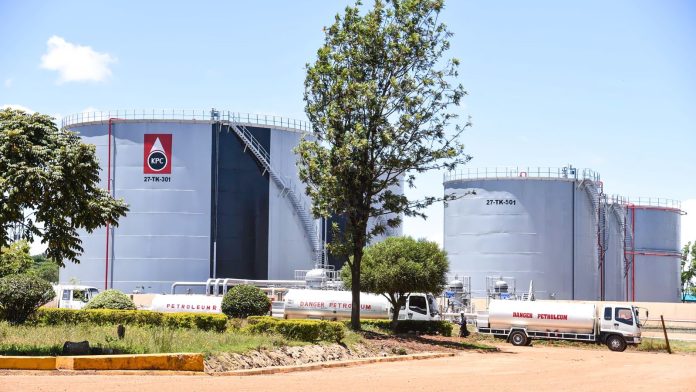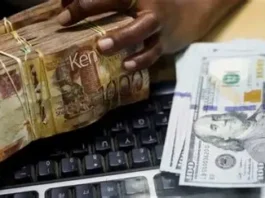The Government of Kenya has announced plans to float 65 percent of its equity in the KenyaPipeline Company (KPC) through an Initial Public Offering (IPO) later in 2025, opening ownership to local and international investors while retaining majority control.
This strategic privatization is part of a broader effort to stimulate economic participation and inject fresh capital into one of East Africa’s most critical energy infrastructure operators.
President William Ruto disclosed the decision during remarks at the London Stock Exchange in early July, where he emphasised the move as a pillar in Kenya’s Bottom‑Up Economic Transformation Agenda. The listing, he said, “offers investors a unique opportunity to deploy capital in one of our most strategic infrastructure enterprises.”
National Treasury Cabinet Secretary John Mbadi has spearheaded the process, highlighting that selling a majority but not total stake allows the government to retain control while raising funds and attracting investor interest.
He referenced prior successful state listings, noting that IPOs for Safaricom and KenGen unlocked significant investor value while maintaining government influence.
Mbadi also pointed to KPC’s strong track record, underscoring over Ksh 10.5 billion in dividends remitted to the Treasury over the last year and consistent profit growth.
Financial performance at KPC has been robust. For the fiscal year ended June 2024, the company posted a profit before tax of Ksh 10.05 billion, up from Ksh 7.6 billion the previous year, with revenues rising to Ksh 35.4 billion driven by higher throughput volumes and favourable exchange rates.Throughput increased by 6% to 9.1 million cubic metres, while export volumes surged by 12%.
The Nairobi Securities Exchange (NSE) has formally welcomed the government’s decision, describing the potential listing as transformative for Kenya’s capital markets.
The NSE stressed that opening up the ownership of KPC would help deepen market participation, boost liquidity, and raise the profile of Nairobi as a regional financial hub.
However, the proposed sale comes after previous resistance from the energy ministry. In late 2024, Energy Cabinet Secretary Opiyo Wandayi had characterized KPC as a strategic national asset whose full divestiture would undermine regional ambitions.
The turnaround reflects a recalibration of priorities amid fiscal pressures and renewed focus on private sector capital.
Critics caution that unless robust regulatory safeguards accompany the transaction, privatizing a state asset with monopoly characteristics could risk service disruptions or inflated tariffs.
Nonetheless, the government plans to retain majority control, echoing models where private capital has enhanced efficiency while state oversight remains intact.
Looking ahead, funds raised from the IPO are expected to support KPC’s regional expansion plans, including the development of a petroleum trading hub in Mombasa and diversification into services such as LPG distribution and fibre‑optic infrastructure. The government will also integrate assets from the Kenya Petroleum Refineries Ltd into KPC operations.
With the IPO slated for later in 2025 and the government offering a 65 percent stake, Kenya is betting that the public sale of KPC will not only strengthen state finances but also catalyse growth in its capital markets and energy sector.
Written By Ian Maleve










